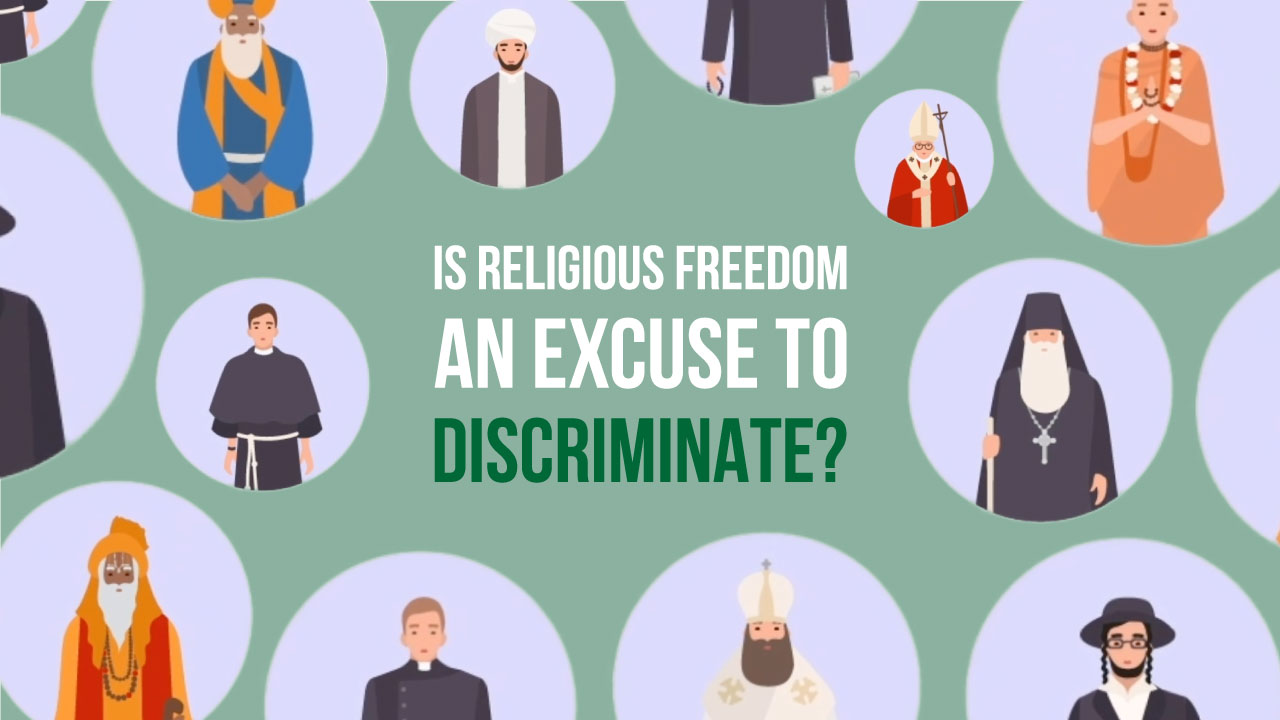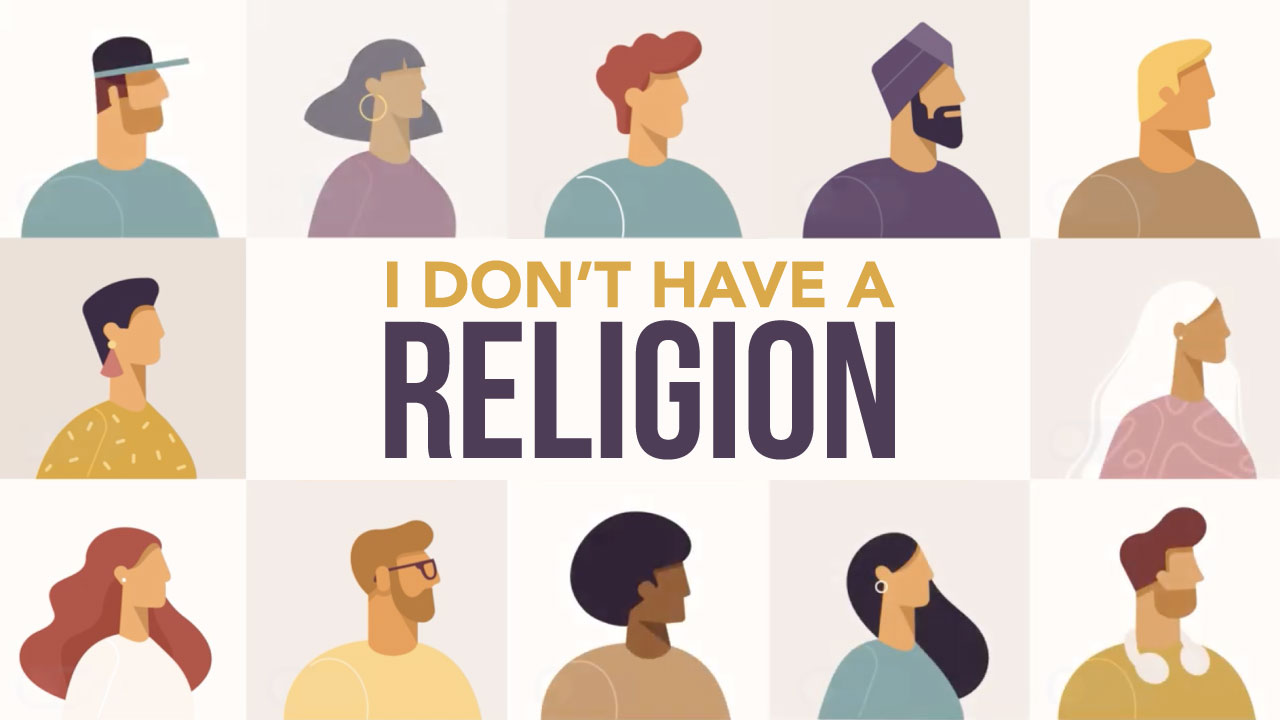You’re in a conversation and someone says, “Religious people shouldn’t be allowed to impose their beliefs on others. Keep your faith between you and your God.”
What would you say?
Sometimes, people think that as long as the government doesn’t regulate what someone says or does inside a church building, they are respecting religious freedom. Is that true, or does religious freedom protect more, like people’s rights to express and live out their beliefs in the public square?
To really understand religious freedom and explain it to anyone else, here are three things to remember.
1. There is a difference between freedom of worship and freedom of religion—and in America, we have both.
2. Freedom of religion is God-given and belongs to all of us.
3. Freedom of religion belongs in the public square, because the public square is the marketplace of ideas.
You’re in a conversation and someone says, “Religious people shouldn’t be allowed to impose their beliefs on others. Keep your faith between you and your God.” What would you say? Sometimes, people think that as long as the government doesn’t regulate what someone says or does inside a church building, they are respecting religious freedom. Is that true, or does religious freedom protect more, like people’s rights to express and live out their beliefs in the public square? To really understand religious freedom and explain it to anyone else, here are three things to remember. Number 1: There is a difference between freedom of worship and freedom of religion—and in America, we have both. Freedom of worship is the freedom to believe something, but it’s only a small subset of the much broader freedom of religion, which is the right to live according to your beliefs. Limiting a person to freedom of worship doesn’t really respect their rights. Freedom of worship only guarantees that the government cannot regulate what people believe within their own hearts, their own heads, their own homes, and their houses of worship. Around the world, most people have the freedom to believe what they want, but not everyone has the freedom to live and share those beliefs openly. In other words, they have freedom of worship, but not freedom of religion. By itself, the “freedom of worship” provides very little protection to people of faith. That’s why, from the very beginning, the Founders chose to protect freedom of religion in the Constitution--not just freedom of worship. Number 2: Freedom of religion is God-given and belongs to all of us. Usually, when people say that “Religious people shouldn't be allowed to impose their beliefs on others,” they’re talking about moral issues that have become politicized in recent decades: pornography, abortion, and LGBT causes. What they mean is: “On these issues, religious people don’t have the right to make laws, ordinances, rules, or even arguments based on their religious beliefs.” This view wrongly treats religious freedom as a second-class right—one that’s less important than the so-called “rights” created by the government, like abortion or same-sex marriage. But that’s not true. Religious freedom is not a right created by the government. It is what many philosophers have called a "natural right”--a God-given right that belongs to everyone, regardless of what the government says. When the Founders wrote the Constitution and Bill of Rights, they recognized that some rights are God-given. They recognized that the government's role is to protect those rights. And they recognized that freedom of religion is one of those God-given rights that the government must protect. Number 3: Freedom of religion belongs in the public square because the public square is the marketplace of ideas. The public square is where ideas compete, and the best ideas win. That's still true even if some ideas -- religious or otherwise -- make you feel uncomfortable. One of the beautiful things about a society that values freedom is that as we encounter different beliefs, we have the chance to figure out which ideas are best for ordering our private lives and our lives together as a society. A free society encourages people to express their religious convictions in the public square; it doesn’t try to silence them. We should want ideas to circulate freely, so that we can choose the best ideas, the ones that lead to the most human flourishing, that best honor the dignity of each person, and that address the longing for the eternal embedded in our hearts. To be clear, all freedoms, including religious freedom, have limits, but discomfort is not that limit. So next time someone tells you that “religious people shouldn’t be allowed to impose their beliefs on others,” remember these three things: Number 1: There is a difference between freedom of worship and freedom of religion—and in America, we have both. Number 2: Freedom of religion is God-given and belongs to all of us. Number 3: Freedom of religion belongs in the public square, because the public square is the marketplace of ideas.



 Sarah Stonestreet
Sarah Stonestreet

